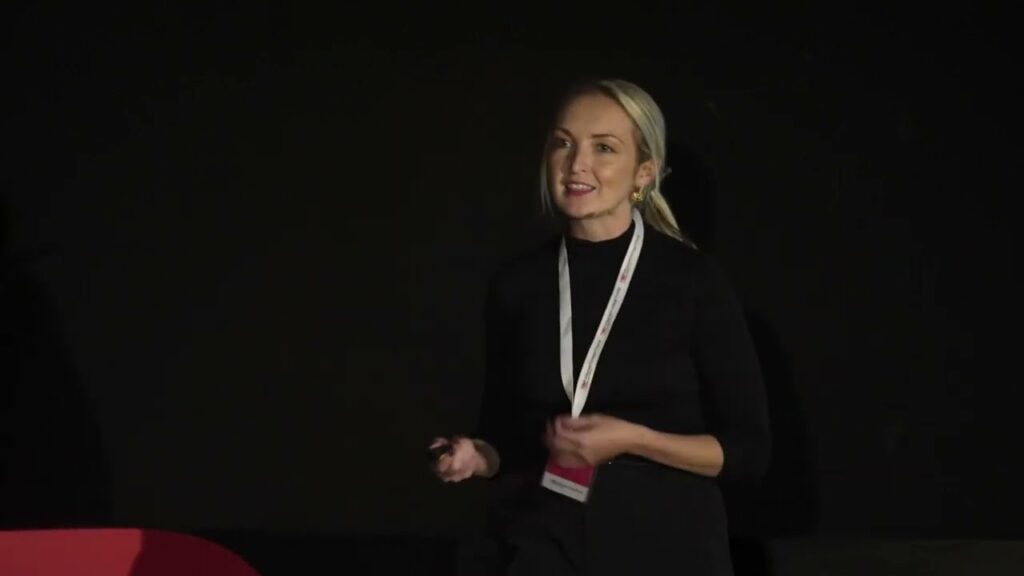Experiential learning opportunities have gained significant recognition in recent years as an effective way to enhance education and personal development. This innovative approach bridges the gap between theory and practice, allowing individuals to apply their knowledge in real-life situations. Through hands-on experiences, learners are empowered to develop new skills, gain practical knowledge, and build a deeper understanding of their subject matter. In this article, we will delve into the world of experiential learning opportunities, exploring its benefits, uses, examples, comparisons, and helpful advice for those seeking to incorporate it into their learning journey.
What is Experiential Learning?
Experiential learning is a process of learning by doing, reflecting, and applying knowledge and skills. It is an active and engaging learning method that goes beyond traditional lectures and textbooks. This learning model focuses on experience, whether through simulations, fieldwork, internships, or other hands-on activities. By actively participating in their education, learners are able to develop critical thinking, problem-solving, and decision-making skills, all while gaining practical knowledge and building a deeper understanding of their subject matter.
How to Use Experiential Learning Opportunities?
There are a variety of ways to incorporate experiential learning opportunities into your education journey. Some common methods include:
- Field trips or excursions: These can be organized by schools or universities to provide students with firsthand experiences related to their curriculum.
- Internships or apprenticeships: These allow individuals to gain practical experience in their field of interest, often under the guidance of a mentor.
- Project-based learning: This involves working on a real-world project to solve a problem or create a product, giving learners a chance to apply their knowledge and skills.
- Service-learning: This combines community service with academic learning, providing students with hands-on experiences while making a positive impact in their community.
- Simulations or role-playing: These activities allow learners to experience specific situations or scenarios in a safe and controlled environment, promoting critical thinking and decision-making skills.
Examples of Experiential Learning Opportunities
The possibilities for experiential learning are endless, as it can be applied to various industries and disciplines. Here are some examples of how experiential learning opportunities have been used:
- A medical school using simulations to train students on surgical procedures.
- A business course incorporating a project where students create and launch their own startup company.
- A biology class conducting fieldwork to study wildlife populations in their natural habitat.
- An engineering student completing an internship at a construction site.
- An environmental science program partnering with a local organization to develop a sustainable gardening project in the community.
Experiential learning opportunities can also be found outside of traditional education settings. For example, companies may offer team-building activities that simulate real-work scenarios, allowing employees to develop teamwork and problem-solving skills while having fun.
Comparing Experiential Learning and Traditional Education
While traditional education methods have their benefits, experiential learning offers unique advantages that cannot be replicated in a classroom setting. Here are some key differences between these two approaches:
- Active vs. passive learning: In traditional education, students are often passive recipients of information. In contrast, experiential learning encourages active participation and engagement in the learning process.
- Practical vs. theoretical knowledge: Traditional education focuses on theoretical knowledge, while experiential learning emphasizes practical application and hands-on experiences.
- Individual vs. group learning: Most traditional education occurs in a classroom setting, where students learn individually. Experiential learning often involves group work, which promotes collaboration and communication skills.
- Fixed vs. flexible curriculum: Traditional education follows a set curriculum, while experiential learning allows for flexibility and adaptability based on individual needs and interests.
Helpful Advice for Embracing Experiential Learning
If you are considering incorporating experiential learning into your education, here are some helpful tips:
- Be open-minded: Experiential learning may take you out of your comfort zone, but embrace the opportunity to learn and grow.
- Reflect on your experiences: Take time to reflect on what you have learned through your hands-on experiences. What challenges did you face? What new skills did you develop?
- Don’t be afraid to make mistakes: Learning from mistakes is a crucial part of the experiential learning process. Embrace them as learning opportunities.
- Seek feedback: Whether from mentors, peers, or instructors, seek feedback on your performance and use it to improve.
- Connect with others: Experiential learning provides many opportunities to network and connect with others. Take advantage of these connections to enhance your learning journey.
FAQs about Experiential Learning

Q: What are the benefits of experiential learning?
A: Experiential learning offers numerous benefits, including improved critical thinking and problem-solving skills, practical knowledge and experience, enhanced teamwork and communication skills, and personal growth and development.
Q: Can experiential learning be incorporated into traditional education methods?
A: Yes, experiential learning can be integrated into traditional education methods. Many schools and universities now incorporate hands-on activities and fieldwork into their curriculum.
Q: Is experiential learning only beneficial for students pursuing a specific career?
A: No, experiential learning can benefit individuals in any field or industry. It promotes transferable skills that are valuable in all areas of life.
Q: How does experiential learning promote personal growth and development?
A: Through hands-on experiences, individuals are encouraged to step out of their comfort zone, take risks, and learn from their mistakes. This process leads to personal growth and development by building confidence, resilience, and self-awareness.
Q: Are there any drawbacks to experiential learning?
A: One potential drawback is the time and resources required to implement experiential learning opportunities. However, the benefits often outweigh these challenges.
Conclusion: Experiential Learning Unleashes the Potential Within

Experiential learning offers a powerful way to enhance education and personal development. By immersing ourselves in hands-on experiences, we can gain practical knowledge, develop new skills, and build a deeper understanding of our subject matter. Whether through internships, field trips, or simulations, the possibilities for hands-on learning are endless. So, embrace the opportunities that come your way and unlock your full potential through experiential learning.

